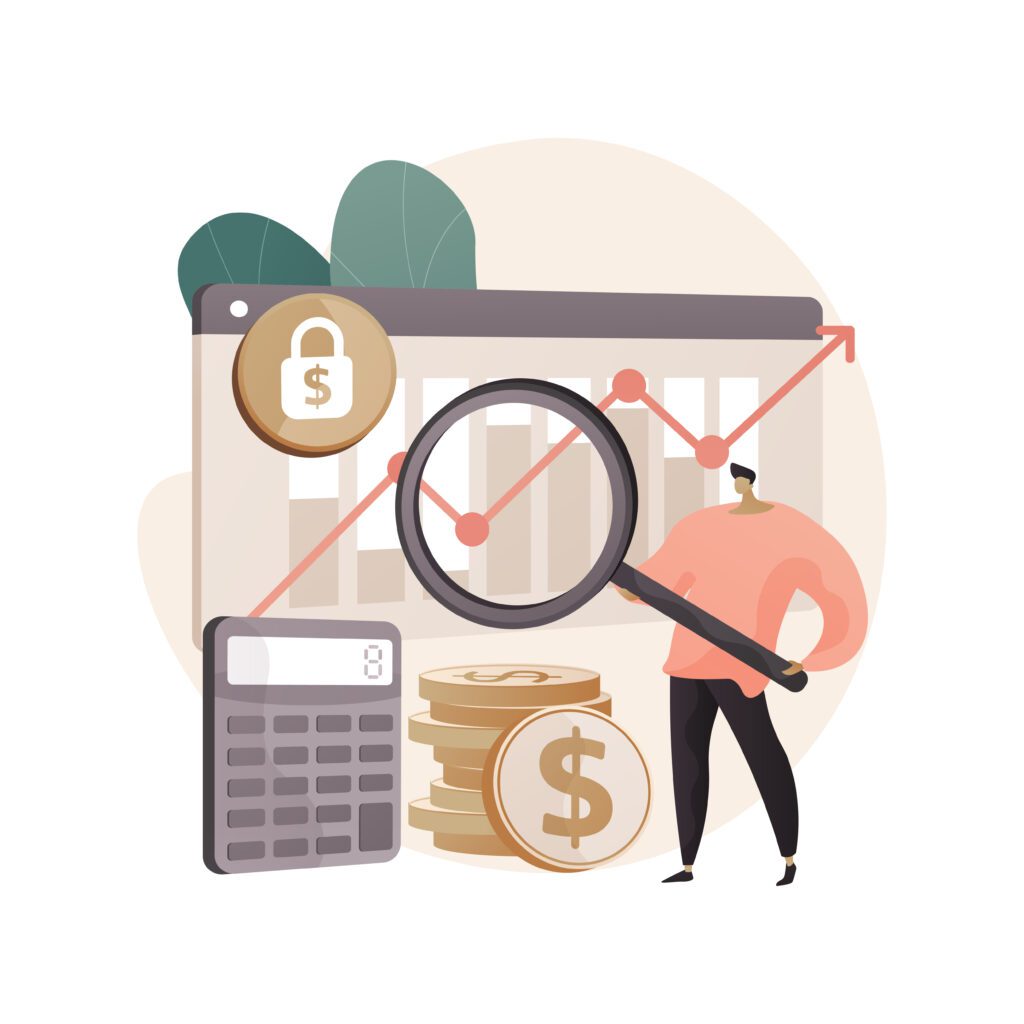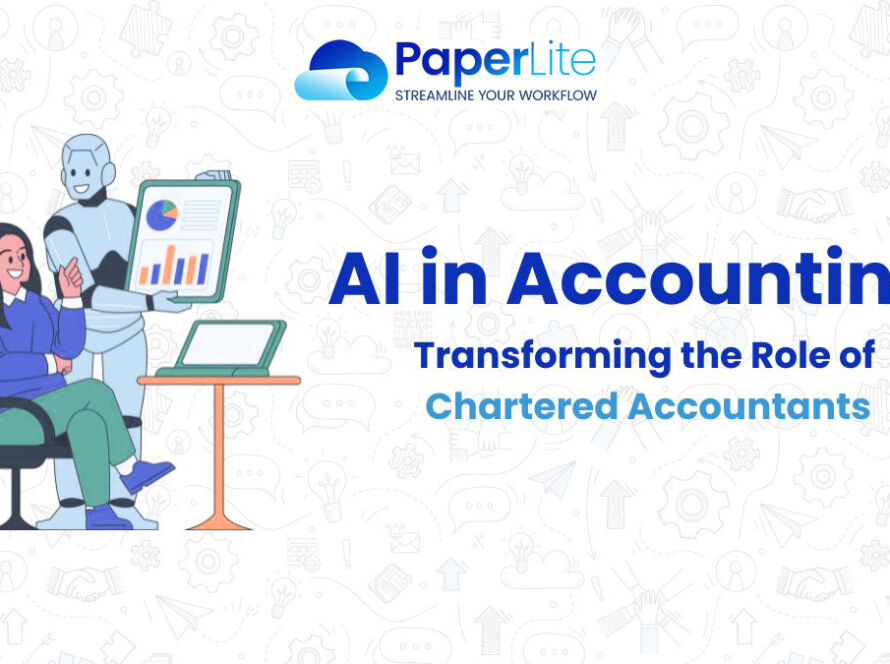The financial system, which is the backbone of our global economy, has a dark side that engages in white collar crimes such as fraud, embezzlement, and money laundering. This murky domain needs a ray of light that dispels the dark forces of deception, which comes in the form of Forensic Accounting.
The branch of Accounting that serves as Sherlock Holmes of the financial world, meticulously examining financial records, identifying anomalies, and tracing the footprints of financial misdeeds, is that ray of hope.
Continue reading the blog to learn more about Forensic Accounting and how it helps in identifying and prosecuting perpetrators of financial crimes.
The Role of Forensic Accountants in Uncovering Financial Crimes
According to The Forage, Forensic Accounting is defined as “The type of accounting where you investigate financial information for potential evidence of crimes.“
Forensic Accountants are specialized accountants who use accounting, auditing, and investigative skills to determine whether a person or company has committed financial misconduct. The financial misconduct can be embezzlement, fraud, laundering, or likes of such.
Today’s complex financial landscape fuels the demand for forensic accountants.

They play an important role in uncovering financial crimes by examining hidden patterns and discrepancies that indicate financial wrongdoing. They provide invaluable evidence to help law enforcement, legal professionals, and regulatory bodies seek justice for financial fraud.
This ultimately helps to ensure accountability, protect the financial system’s integrity, and protect businesses and individuals from financial losses.
Common Financial Crimes
Financial crimes are illegal acts committed with the intent to gain financial advantage through deceptive means. These crimes can be complex and often involve sophisticated schemes to conceal the true nature of the activity.
The following are a few common Financial Crimes that Forensic Accountants look into:
Fraud:
Intentional misrepresentation of facts to gain financial advantage. This can involve fake invoices, creating ghost employees, or manipulating financial statements.
Embezzlement:
When someone entrusted with money or property steals it for their own personal use. This can happen by taking cash from the cash register, writing unauthorized checks, or diverting funds to personal accounts.
Money Laundering:
Cleaning “dirty” money obtained through illegal activities to make it appear legitimate. This can involve layering through multiple transactions, integrating into legitimate businesses, or placing funds into offshore accounts.
Ponzi Schemes:
Paying investors returns from the money invested by new investors rather than from actual profits. This eventually collapses when the flow of new investors dries up, leaving the last ones empty-handed.
Insider Trading:
Using non-public information about a company to trade its securities for personal gain. This gives an unfair advantage and undermines the integrity of the market.
Bribery:
Offering or accepting money or other benefits to influence a decision or action. This can involve corrupting officials, manipulating contracts, or gaining unfair advantages in business deals.
Cybercrime:
Using technology to commit financial crimes, such as hacking into bank accounts, stealing credit card information, or manipulating online transactions. These crimes are becoming increasingly sophisticated and require specialized investigative techniques.
The Investigative Process
Forensic accountants employ a methodical approach to investigate financial crimes, utilizing a combination of accounting expertise, investigative skills, and data analysis techniques. The investigative process typically involves the following steps:
Gathering Evidence: Forensic accountants meticulously collect and analyze financial records, including bank statements, invoices, contracts, and tax returns.
Identifying Anomalies: By scrutinizing financial data, forensic accountants identify irregularities, inconsistencies, and red flags that may indicate potential fraud or misconduct.
Tracing the Footprints of Money: Using sophisticated tracing techniques, forensic accountants track the movement of funds, identifying the sources of fraudulent transactions and their ultimate destinations.
Reconstructing Events: Forensic accountants piece together the puzzle of financial crimes, reconstructing the sequence of events and identifying the individuals responsible for the misconduct.
Forensic Accounting’s Impact on Financial Crimes in India: 2023 and Beyond
Forensic accounting has significantly impacted the landscape of financial crimes in India in 2023.
According to a recent report by the Institute of Chartered Accountants of India (ICAI), the number of forensic accounting engagements has increased by 25% over the past year. This indicates a growing awareness of its importance in combating financial fraud. This growth is fueled by several factors, including:
Rising incidence of financial crimes: A 2023 report by the ACFE revealed that India ranks 85th out of 180 countries in Transparency International’s Corruption Perception Index. Thus, highlighting the existence of financial wrongdoings, especially so in the current times.
Increased regulatory scrutiny: The Indian government has implemented stricter regulations and penalties for financial crimes, prompting companies to invest in robust fraud detection mechanisms.
Technological advancements: Forensic accountants are increasingly using advanced data analytics tools and artificial intelligence to detect complex and hidden financial patterns associated with fraud.

These factors have all played a significant role in uncovering and preventing financial crimes.In 2023 alone, forensic accountants have helped recover over 10% of the losses incurred due to financial fraud in India, according to estimates by the ICAI. This significant contribution highlights the effectiveness of forensic accounting in deterring financial crimes and safeguarding the financial system.
Looking ahead to 2024, the future of forensic accounting in India appears promising as well as the Global scenario. The demand for skilled forensic accounting professionals is expected to continue to rise, driven by factors like increasing business complexity and rise of new fraud schemes. AI & blockchain will supercharge forensic accounting, unlocking advanced fraud detection capabilities.
Conclusion:
To conclude,The world of finances has a dark side where people do bad things with money, like stealing or hiding dirty money. Forensic Accounting is like a superhero that shines a light on these bad deeds by carefully examining financial records and finding clues about the crimes. These experts help bring the bad guys to justice and protect the financial system from more harm. In India alone, they’ve helped recover millions of dollars stolen through financial crimes. As the world gets more complex and technology advances, the need for these superheroes will only grow!


